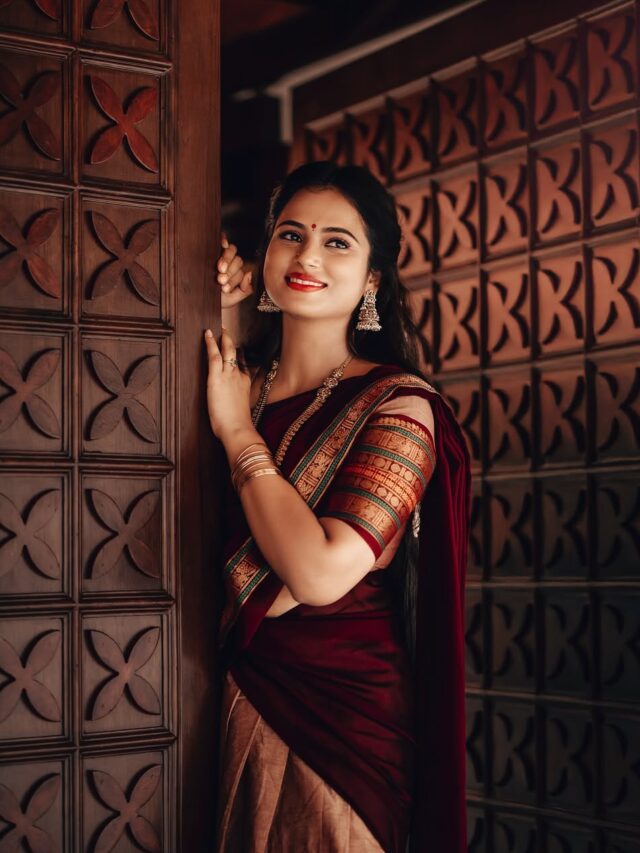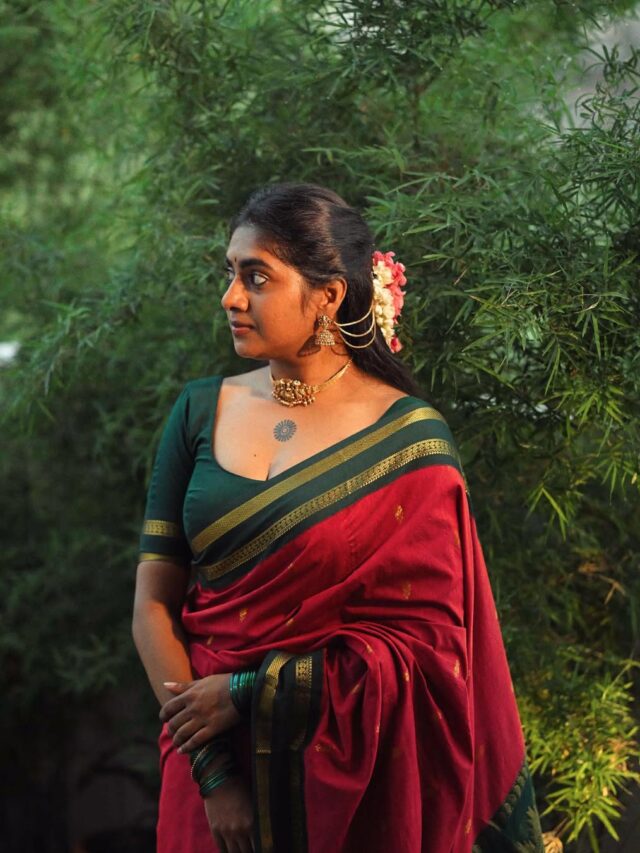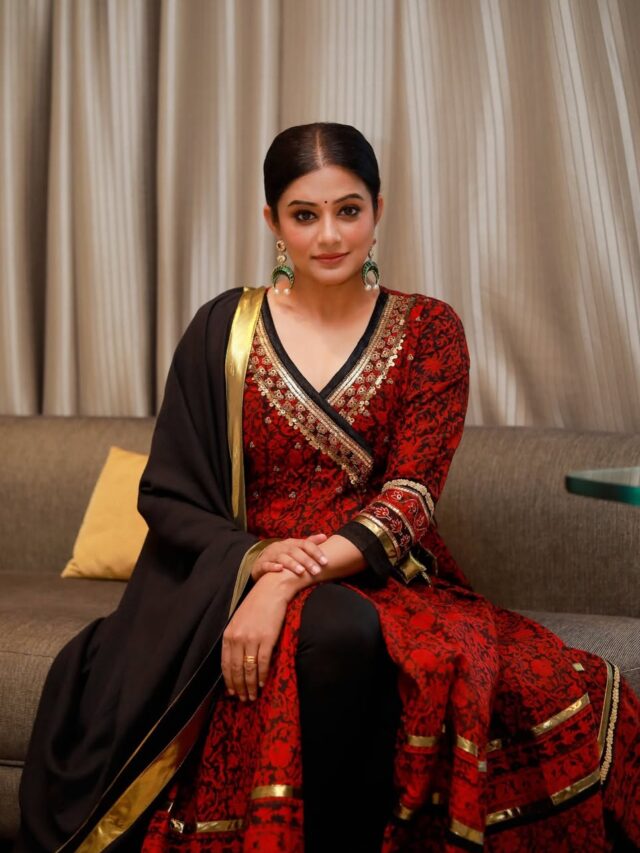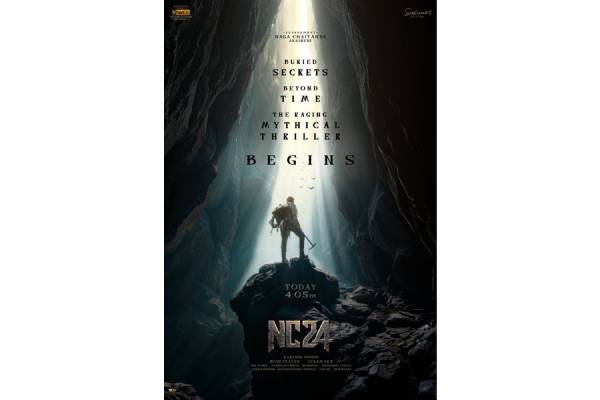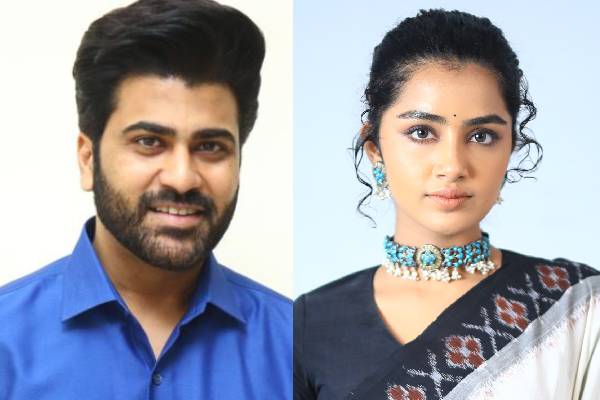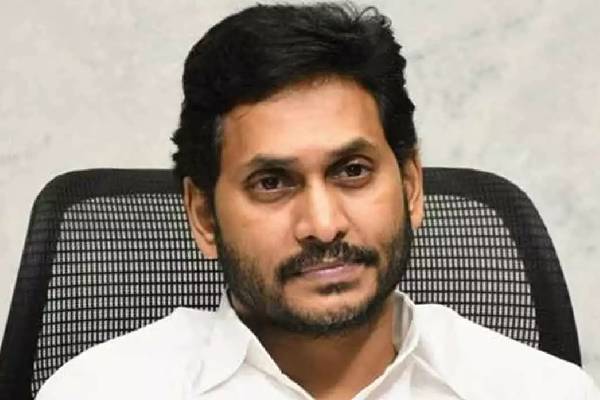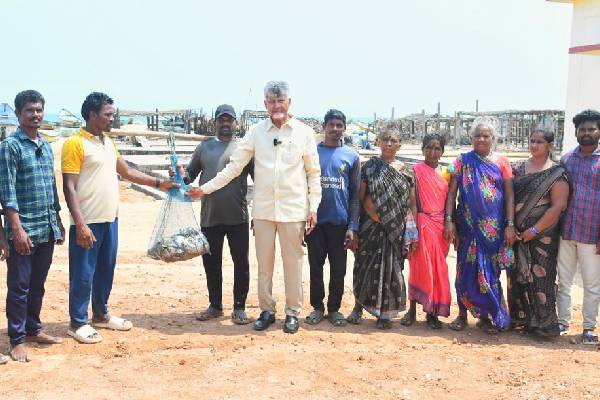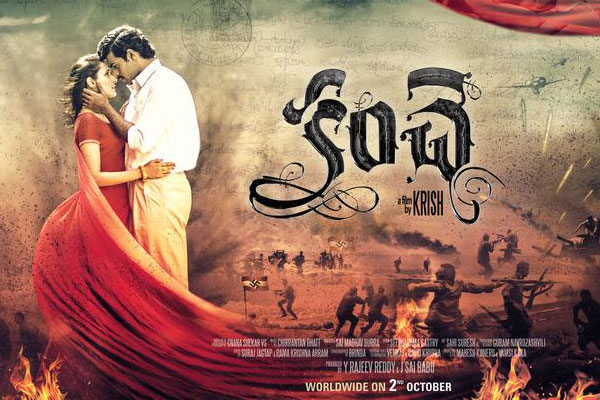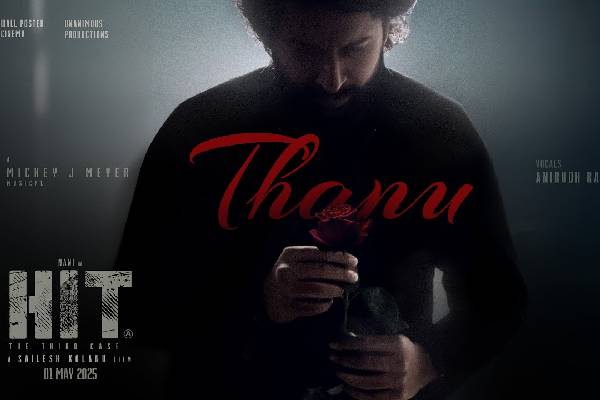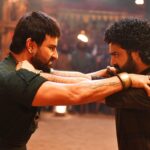A 126 minutes visual feast awaits you on Vijaya Dasami day. On an unprecedented scale , a foreign casting director selects a truly international starcast where you see only the characters and not their screen personalities. Director Krish (J.Radhakrishna) outgrows his cinematic vulnerabilities to create an epic story set in the backdrop of the second world war that can be a proud trophy for Tollywood in the years to come. Yes, “Kanche” is worth all the wait and the drama that preceded its release date. It is truly spectacular and evocative in a simple and honest portrayal of what happens between few characters in a village when they actually become part of a bigger-scale world war when the village identities are submerged in the bloodiest war that humankind has ever seen before where one ten crore soldiers have taken part, many of whom never returned to their native country. India, being the crown of the British Empire, got dragged into this world war on two counts. One, was as an ally of the Empire itself aligned with the Americans and the Russians fighting the dictatorial opponents of Germany, Italy and Japan. The other was through the proxy war waged by Netaji Subhas Bose and the Azad Hind Fauj – which actually conspired against the Empire and its allies.[pullquote position=”right”]“Kanche” will be a booster shot for director Krish and star Varun Tej, it crosses the rubicon in smoother narration without making you feel that one half is better than the other half.[/pullquote]
Actors Performance:
Varun Tej is a transformed actor in his second film itself. He looks every part a global foot-soldier with good scope for performance and dialogue-delivery unlike his first film “Mukunda” where he looked lost at many places. Within the limitations of a story like this, Varun looks swashbuckling and suave with a majestic haircut and a good baritone voice apart from fab costumes as a soldier, villager, urban youth wooing the girl of his dreams and as a good friend and an affectionate grandson. If this is what audacity in selecting different scripts can bring out in a hero, we want to see more such heroes – and they are the future of Tollywood. Nikitin Dheer, that menacing villain in “Chennai Express” looks every inch imposing as an anti-hero in this film. Pragya Jaiswal is the find of the year and has a range of looks that can make her a bewitching heroine to watch out for. The good thing in Krish’s films is that he makes a legitimate effort to bring back out-of-limelight artists in his films with good roles – Sowcar Janaki and Gollapudi Maruti Rao get soulful roles which create good impact. The actor who takes the cake with soundbytes is Srinivas Avasarala – he gets the best one-liners full of punch and humor in a plot that is bereft of entertainment othewise. The climax is a bit unusual for Telugu films and it remains to be seen whether the audiences will like it. A hint: Most of Krish’s films so far have a tinge of the pattern he follows with respect to the lead characters in the film. The only thing that pulls down the film is the pace of the narrative and the monotony of the story – but those few scenes with the baby and the European girl give you the goosebumps.
Direction:
Director Krish has taken the backdrop of world war to give an interesting spin to an otherwise ordinary story that comes out as larger-than-life and epochal. Doopati Haribabu (Varun Tej) and Easwar (Nikitin Dheer) have a rivalry going between them because of a common factor Princess Sitadevi (Pragya Jaiswal). Easwar is like a brother to her while Haribabu is in love with Sitadevi and wants to marry her. A class-conflict ensues in the village as it is over the cultural traditions of the temple and this rivalry only grows despite Haribabu holding no malice towards Easwar. Their rivalry reaches peaks when both are part of the Royal Indian Army which joins the Empire’s contingent fighting the Nazi forces on the border of Italy. Easwar is the Commanding Officer to Haribabu but the adversaries still harbor warm-blooded emotions against each other. The war takes a new dimension when the Nazis overpower the Royal force, annihilate almost the entire contingent but capture Easwar and the key commanders as prisoners of war, while Haribabu escapes in a withdrawal plan to re-jig later with a few other comrades. What happens in the climax again elevates the characterisation of the hero Haribabu and his number one adversary – Easwar to just what the director wanted you to go home with.
So far, Krish’s filmography has been a mix of ideologies borrowed from the Vedas and the Upanishads with some practical tips on simple living and high thinking. But in “Kanche”, he uses the war as a backdrop to drive home messages of universal brotherhood and world harmony by breaking down the narrow walls of differences in caste, status and religion. In one of the many memorable dialogues by Sai Madhav Burra (who last wrote for “Vedam”), we have this one, ” When we swim outside the planet itself, a speck in the solar system, which is part of the milky way, one of the many galaxies in the universe, of which we know still nothing, you will realise that even a country like India which stretches 2500 kms from West to East and 2000 kms from North to South is small in a world which runs 19.76 cr kilometers.” Dialogues like this which meshes great stats with telling statements are sprinkled throughout the film whenever Krish wants to highlight a truism that suits the situation. Besides dialogues, Krish has given a free hand to all the technicians instead of letting them get screwed by tantrum-throwing stars (not that there are any!).
Music:
Chintaan Bhatt scores a terrific soundtrack and an amazing background score with piercing tracks in all the war sequences of the film as well as the emotional scenes of love and hatred between the three principal characters in the film – Varun Tej, Nikitin and Pragya. Despite his weaknesses in picturisation, Krish created a good feel for each of the songs in the films. The first song recreates the magical world of the 1939-era with all the first-motion engines of the time alongwith the ambience of the Raj. Even the dream song of the lead pair and the village procession song are impressively shot with good energy. There is beauty of Telugu lyrics because of lyricists like Seetarama Sastry who gives his best output of the year to directors like Krish and Krishna Vamsee.
Other technical aspects:
Cinematography by Chota K Naidu is equally impressive. Some of the key shots of war sequences remind you of the world war epics but the very fact that Krish used the authentic belts of the East European states where the wars actually took place makes the shots visually stand out for their quality. That he could achieve such great visual effects of war on a shoe-string budget of around Rs.21 crores is startling. For the first time, the title credits show an international casting director, Toshi Pindrikivich and a different filming unit who took the war picturisation to a technically glowing scale. When the trenches are dug out and the war breaks out with zeppelins dropping bombs and the axis powers raiding the air above the armies, you know that a lot of detailing has gone into the shoot of these sequences. As the crew pointed out at the audio launch, there are not many Hindi movies which made films based on the second world war and none from Tollywood before, so this film ought to be celebrated for the audacity and the scale of execution. Both the gun shots and the paraphernalia of the jeeps and artillery used have been authentically captured on the plains of Georgia and as one notes, an entirely different international crew has been assigned the job to shoot for the sequences. Despite the length of the war scenes being less than 25 minutes or so, Krish has given an impression that they run longer because of the screenplay which uses the flashback to the village rivalry and the development of the love story between Varun and Pragya throughout the actual war taking place. Editing which is usually a weakness in Krish’s films is crisper in the film – vindicated by the surprisingly short length of 126 minutes. If you can pack so much of a period love story with all the flashbacks and the wartime scenes with some humor blended into the scenes, it is a challenge to all those directors who make zombie plots with never-ending formula elements – shape up or phase out.
The Final Word
On the whole, “Kanche” is a powerful and hard-hitting love story with an evocative theme that will haunt you with motifs the director has carefully chosen. He uses no gimmicks and short-cuts in telling a story that will connect with human emotions. Must say that ever since he forayed into Bollywood with “Gabbar”, his cinematic sensibilities have improved manifold, his rough edges seem to be disappearing to give us a smooth and visually-rich cinema. “Kanche” will be a booster shot for director Krish and star Varun Tej, it crosses the rubicon in smoother narration without making you feel that one half is better than the other half.
T360 Rating : 3.5/5









